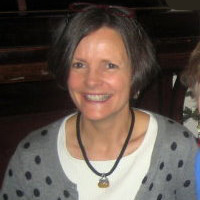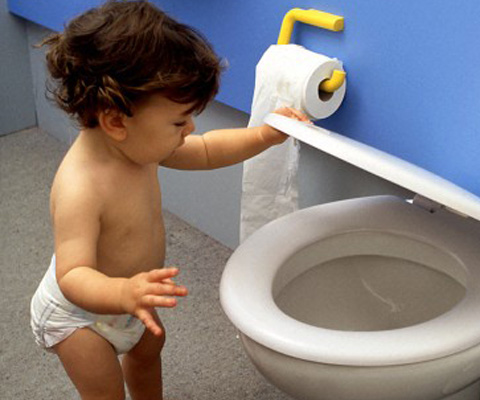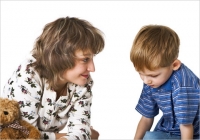Toileting : Bladder and Bowel Control course


This session describes the process through which children gain continence. In addition this session also covers the recognition and management of common problems.
Learning objectives
By the end of this session you will be able to:
- Describe normal anatomy and physiology associated with urinary and bowel continence
- Outline the process whereby normal children achieve continence
- Advise parents on toilet training in healthy children
- Discuss the range of variation and factors that impair or promote continence
- Describe the effects of constipation on toilet training
- Explain some of the causes of delayed urinary continence, initial assessment and management
Toilet training is an important developmental milestone in the life of any child allowing independence and social acceptance.
Toilet training can be a stressful and difficult time for parents and children. The time it takes for a child to become clean and dry during the day will vary a great deal. Informed advice from a professional can be invaluable to parents/carers.
Anne Wright, MBBCh, MRCPCH, MSc Comm Paeds, has a joint consultant post as hospital consultant in charge of the Children’s bladder clinic at the Evelina Children’s Hospital (Guys and St Thomas) where she works closely with the nephro-urology and paediatric neurology departments covering the full spectrum of bladder disorders from severe resistant enuresis to neuropathic bladders in spina bifida.
She is responsible for paediatric urodynamic investigation within the service. She also manages children with joint bladder and bowel dysfunction.
The second post is as Consultant Community Paediatrician in Southwark with responsibility for the bowel and bladder clinic in the community as well as physical and learning disabilities, neurodevelopmental disorders (Autistic spectrum disorders, ADHD) and child protection.
As of 2010, she has been Chairman of the ERIC clinical advisory committee and is a member of the Paediatric Continence Forum.


Anne Wright, MBBCh, MRCPCH, MSc Comm Paeds, has a joint consultant post as hospital consultant in charge of the Children’s bladder clinic at the Evelina Children’s Hospital (Guys and St Thomas) where she works closely with the nephro-urology and paediatric neurology departments covering the full spectrum of bladder disorders from severe resistant enuresis to neuropathic bladders in spina bifida.
She is responsible for paediatric urodynamic investigation within the service. She also manages children with joint bladder and bowel dysfunction.
The second post is as Consultant Community Paediatrician in Southwark with responsibility for the bowel and bladder clinic in the community as well as physical and learning disabilities, neurodevelopmental disorders (Autistic spectrum disorders, ADHD) and child protection.
As of 2010, she has been Chairman of the ERIC clinical advisory committee and is a member of the Paediatric Continence Forum.
- Child as Listener and Speaker Part 2: Verbal Aspec...
- Posted By eIntegrity Healthcare e-Learning
- Posted Date: 2025-02-21
- Location:Online
- This is the second of two sessions which describe the language processing system and the challenges ...
- Child as Listener and Speaker Part 1: Non-verbal A...
- Posted By eIntegrity Healthcare e-Learning
- Posted Date: 2025-02-21
- Location:Online
- This session is the first of two which describe the skills and knowledge that underpin the understan...
- Child Mental Health: Getting a Good Start course
- Posted By eIntegrity Healthcare e-Learning
- Posted Date: 2025-02-21
- Location:Online
- This session will outline the factors in the first 5 years of life that contribute to the developmen...
- Fantastic Twos - Common Behavioural and Emotional ...
- Posted By eIntegrity Healthcare e-Learning
- Posted Date: 2025-02-21
- Location:Online
- This session covers some of the behavioural problems which can result from poor mental health in pre...
- Communication Impairments Part 4: Autistic Spectru...
- Posted By eIntegrity Healthcare e-Learning
- Posted Date: 2025-02-21
- Location:Online
- This session is the last of four that looks at different speech, language and communication impairme...








